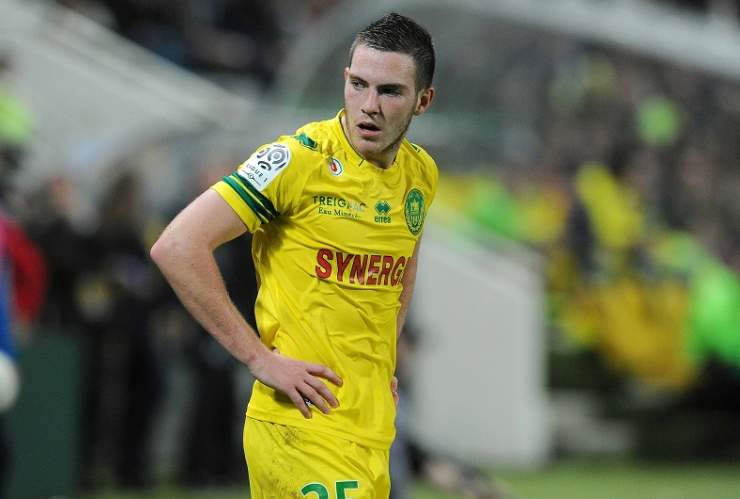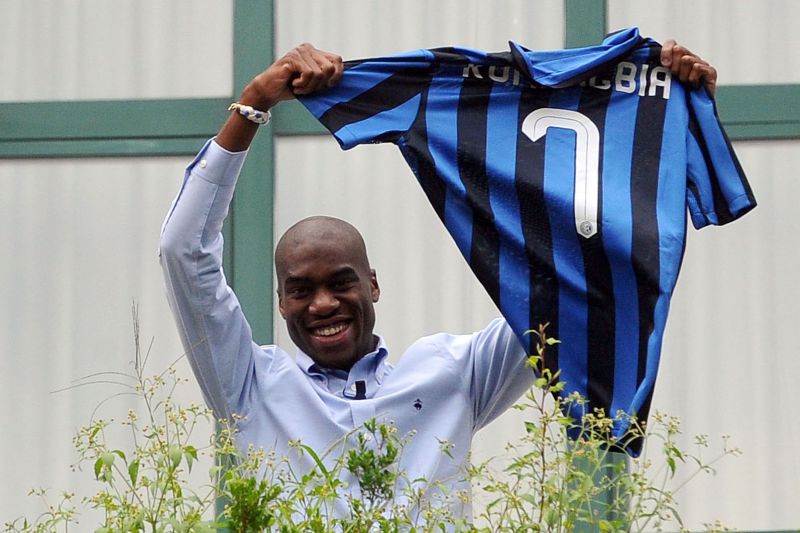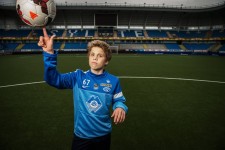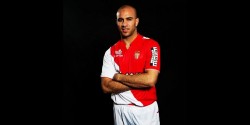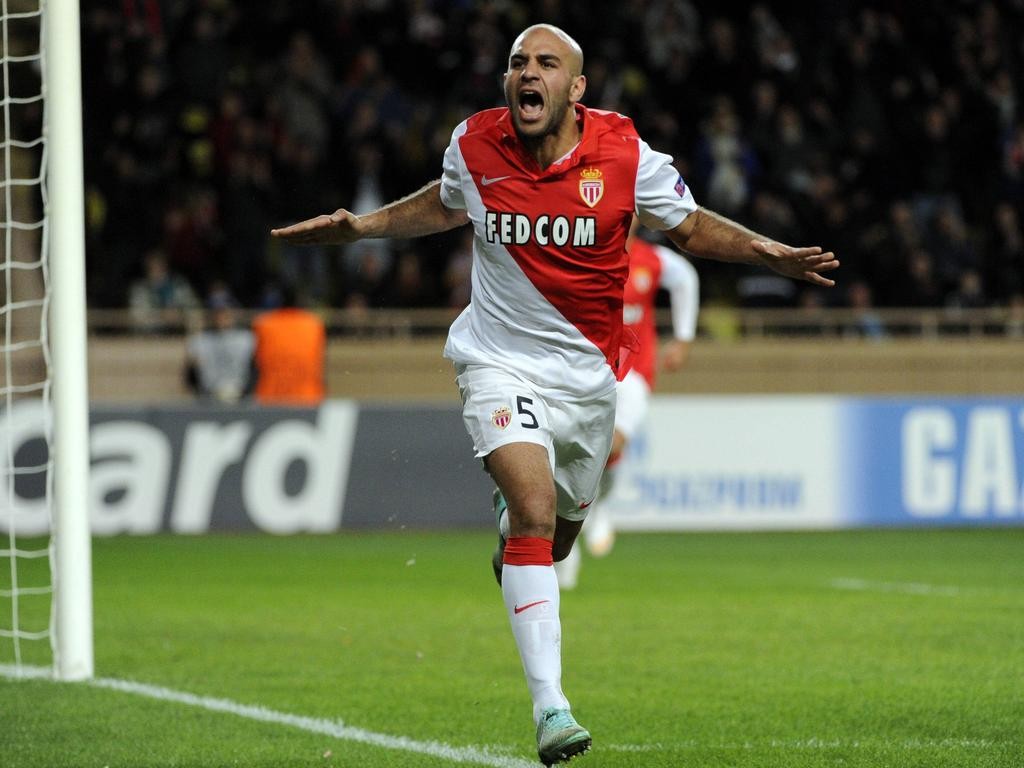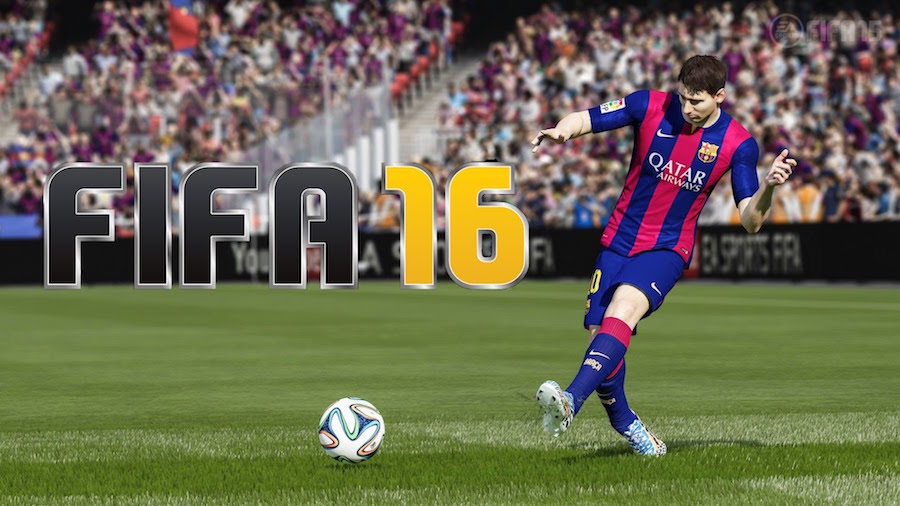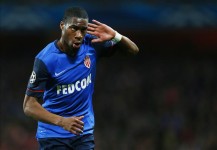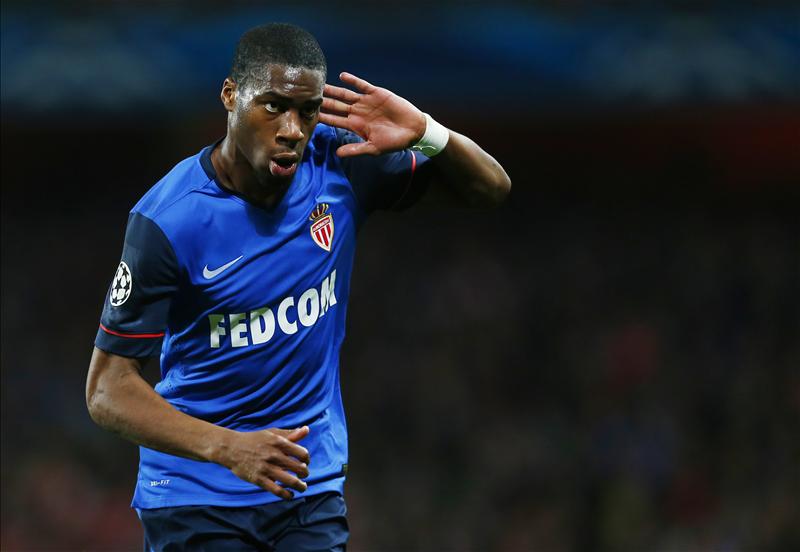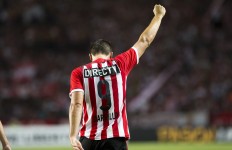This window has been a mad one in terms of major and surprising transfers, particularly from clubs like Manchester United, Liverpool and Inter Milan. Which have been the most interesting moves made so far? Here’s a Top 10 list from our very own Chris Paraskevas.
Arturo Vidal (Juventus to Bayern Munich)
One of the world’s finest footballers and purest box-to-box midfielders, Arturo Vidal’s signature has cost Bayern Munich around €40 million.
Bayern manager Pep Guardiola is into his third season at the club and is desperate to win the Champions League, having failed in his last two attempts. The acquisition of Vidal is a statement of intent.
Whilst Vidal will suit the former Barcelona boss’ high pressing, high energy style, the player’s unique brand of aggression and unpredictability should give Bayern a more flexibility.
However, he also joins a team boasting an embarrassment of riches in central midfield and there are questions about how the Chile international will be deployed.
There is also the matter of Vidal’s form, with suggestions that his last season in Turin – where he helped Juventus into the Champions League final – was not his best.
Are Bayern signing a player slightly on the decline, or at the peak of his football powers?
Geoffrey Kondogbia (Monaco to Inter Milan)
In the wake of his match-winning performance against Arsenal in the Champions League last season, Kondogbia was hot property and many expected the Monaco midfielder to join the Gunners during the transfer window.
The 22 year-old then seemed set for AC Milan, before performing a stunning about-turn and signing for their fierce rivals Inter.
“Yes, the truth is that I spoke to Milan, but never in my life have I said yes to [AC] Milan CEO Adriano Galliani,” Kondogbia said of the move.
Kondogbia has also explained that Roberto Mancini was key in convincing him to move to Inter, who have snatched one of Europe’s most exciting talents from under the nose of some big clubs as they look to return to the summit of Italian football.
Roberto Firmino (Hoffenheim to Liverpool)
The Brazil international is arguably Brendan Rodgers’ biggest signing of the close season, moving from Hoffenheim for £29 million.
Given the wealth of midfield and attacking options now available at Liverpool, a place need to be found that best suits Firmino’s unique talents.
The Brazilian isn’t an out-and-out striker, preferring instead to play in-behind the forwards and assume the role of creator rather than finisher. Firmino isn’t a prolific goal-scorer but at his best is a handful for defenders with his movement and running: a stylistic trait he shares with former Liverpool star Luis Suarez.
It would be unfair to expect the former Figueirense player to have the same immediate impact that Suarez did, but Rodgers is under pressure at Anfield this season and will be desperate for his new signings to fire.
Mario Mandzukic (Atletico Madrid to Juventus)
Croatia international Mandzukic is joining a third club in three years, having spent two years at Bayern Munich and last season at Atletico Madrid.
His goal-scoring record is exemplary at club level and the 29 year-old moves to Turin on a three-year deal, replacing the departed Carlos Tevez.
Can Mandzukic replicate the form that brought him two league and cup doubles and a Champions League winners’ medal at Bayern Munich? He was certainly less effective at Atletico Madrid and expectations will be high at Juventus, who will want to mount another European challenge.
What makes this a curious move is Juventus’ markedly different playing style: Mandzukic was a success at Bayern with mobile forwards running off him, a luxury he might not be afforded so readily in Italy.
Iker Casillas (Real Madrid to Porto)
Iker Casillas’ acrimonious departure from Real Madrid gives this move a particularly interesting edge.
Despite winning three Champions League titles in his 25 years in Madrid, his relationship with the club deteriorated in recent seasons as the goalkeeper’s form dipped and he fell out with former manager Jose Mourinho and Real president Florentino Perez.
His new employers, Porto, could well be drawn alongside Real in the UEFA Champions League this season. If so, it would set the stage for an emotional and highly charged meeting.
Can Casillas get the last laugh and enjoy a revival in Portugal following a disastrous World Cup with Spain?
Adel Taraabt (QPR to Benfica)
The 26 year-old Taraabt has ended his seven-year sojourn in English football, moving to Portuguese giants Benfica on a free transfer.
At Queens Park Rangers, he produced some irrepressible performances but also had his attitude and fitness questioned by former managers Neil Warnock and Harry Redknapp.
It will be fascinating to see whether Taraabt’s talents are better developed at Benfica: the Lisbon club will be playing in the UEFA Champions League, and compete in a domestic competition that should the fleet-footed winger’s physique and style.
“It is a huge opportunity for me,” Taraabt said after making the move. “When my agent told me Benfica were interested, I immediately said: ‘Yes, I’m ready to go.”
Steven N’Zonzi (Stoke City to Sevilla)
Steve N’Zonzi might not be one of the most recognisable names in European football, but anyone who watched his performances for Stoke in the Premier League last season will be familiar his unique talents.
A midfielder capable of turning matches with individual moments of quality, it remains to be seen whether he can adapt to life in La Liga. Having also played for Blackburn Rovers, his physicality allowed him to thrive in England but Spain offers a completely different challenge.
“I need to test myself in the Champions League and unfortunately I can’t do that with Stoke,” N’Zonzi said of the move. “For me it was the right decision.”
The Europa League winners have signed Stoke’s Player of the Year for a mere £7 million.
Nani (Manchester United to Fenerbahce)
Another winger who enjoyed a long stay in England, Nani’s hugely successful Manchester United career brought him four English Premier League titles, a League Cup and a Champions League winners’ medal.
Scoring a number of wonderful goals and dazzling fans with his creativity and footwork, his importance had nonetheless diminished by the end of his time at Old Trafford: Nani was loaned to former club Sporting Lisbon last season and has now been moved on.
Turkey provides an exotic location for the continuation of his career and he is joined at his new club by former United teammate Robin van Persie.
Abou Diaby (Arsenal to Marseille)
Spending almost a decade under Arsene Wenger at Arsenal, France international Abou Diaby never fulfilled his full potential in London.
His Arsenal career was marred by regular injury setbacks that stunted his development and saw the midfielder make just two appearances in two years before he was released by the club.
Rejecting approaches from both West Brom and Liverpool, the talented but fragile 29 year-old opted instead for a move to Marseille.
“What motivated my choice was knowing which club would help me best medically,” Diaby said. “That was really my priority. I did have other offers. I had very, very good contacts with West Brom.”
With ambitions to return to the France set-up, Diaby will receive plenty of support under progressive Chilean manager Marcelo Bielsa.
Radamel Falcao (Monaco to Chelsea)
At his peak, Radamel Falcao was arguably the best striker in the world, terrorizing defenders on all continents and winning the Europa League with both Porto and Atletico Madrid.
In Spain the forward was a revelation, before a move to cashed-up French club Monaco saw his career stutter considerably: an injury in early 2014 saw him miss the World Cup in Brazil that year and the player has been a shadow of himself since.
Even a loan move to Manchester United last season couldn’t bring the best out of the Colombian, who struggled with the pace of the game in England. Nonetheless, he has been thrown a lifeline by Chelsea boss Jose Mourinho, who will be hoping to wring a few goals out of the 29 year-old this season.
If Falcao manages to boost his fitness and confidence, it could prove to be a shrewd piece of business by the Portuguese manager.
Written by Chris Paraskevas
Follow Chris on Twitter @Cparaskevas
Like O-Posts on Facebook
You can also follow O-Posts on Twitter @OPosts





